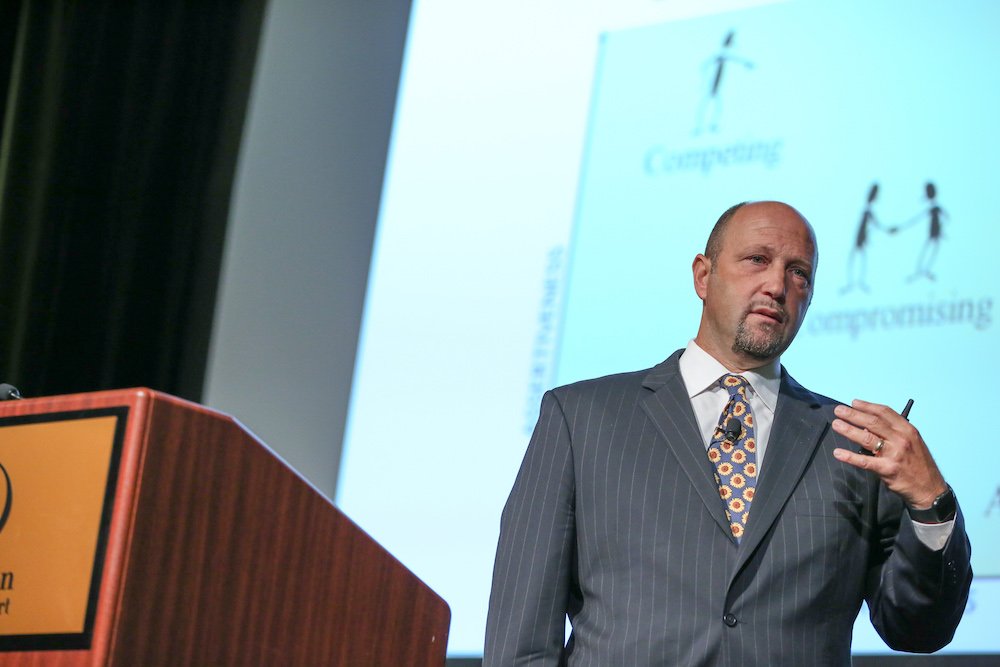
What is Negotiation?
For a great many people, negotiation is a very scary prospect. Even though we negotiate every single day of our lives, formally and informally. Heck, we even negotiate with ourselves on a regular basis. You might not like it; but it’s unavoidable, so you may as well embrace the fact and learn how to reduce the stress and level up your success.
Dr. Joshua N. Weiss is a negotiation and conflict resolution expert and the co-founder of the Global Negotiation Initiative at Harvard University. He believes people have a far too narrow view of what negotiation is even though they are actually doing it everyday. It’s a life-skill fundamental to our everyday existence; and yet, most of us have never learnt to negotiate properly and often don’t even recognize when we are in the midst of it.
The proper mindset is critical when negotiating. Weiss tells us, “It’s not a destination, it’s a journey.” And one it’s best to be prepared for. Planning is key, although it rarely goes as you’ve imagined. It isn’t always easy and you don’t have control over all of the elements. This is what makes it uncomfortable for people. Weiss’s advice, “You have to operate in a sea of uncertainty and chaos, but chaos in a good way… The ability to adapt is a critical element.” His three keys to effective negotiation: Remember negotiation is broader than you think, maintain self-awareness, and never forget that everyone involved in the negotiation is in it together.
Elements of a successful approach include, expanding the pie and mastering the use of open ended questions. Get people to ask what you mean and what you are interested in. And find out what the others involved are interested in. Weiss reminds us, “It’s an interdependent process, so you can’t just stick to your prepared plan. The other side isn’t reading your playbook…It’s a bit like playing chess.”
Weiss is confident there are qualities that make an effective negotiator, and they can be learned. Be patient. Ask good questions and listen. Find a way to work with one another, and be clear on your objective as you stay attuned to the other person. You need their participation or you wouldn’t be negotiating. They are your problem solving partner, not the problem. “The issues are the problems, not the disagreements regarding them…Listen through the criticism to understand what they are trying to get at.”
Wisdom from Weiss: In the realm of negotiation trying to be something you’re not won’t work. When you are thoughtful and prepared, centered and confident, you don’t have to feel worried about being vulnerable or worry about tricks and tactics because they won’t be effective. Confidence is key, so you won’t be seen as someone who is easy to manipulate.
The biggest mistakes people make are making assumptions and bringing their own biased perception to the process. This is the biggest impediment to success. Weiss, “Information is the currency in negotiation, the more you have the better off you are.” There is a distinct difference between hearing and listening, and between debate mode and dialog mode. Rather than looking for holes in the other side’s argument to find tactical advantages to win, the superior approach is to seek information and understand interests to get where you want to go.
A favorite quote of Weiss, – “Let us never negotiate out of fear. But let us never fear to negotiate.” ― John F. Kennedy. And with Weiss’s guidance, we can all be fearless.
Program on Negotiation, Harvard Law School
